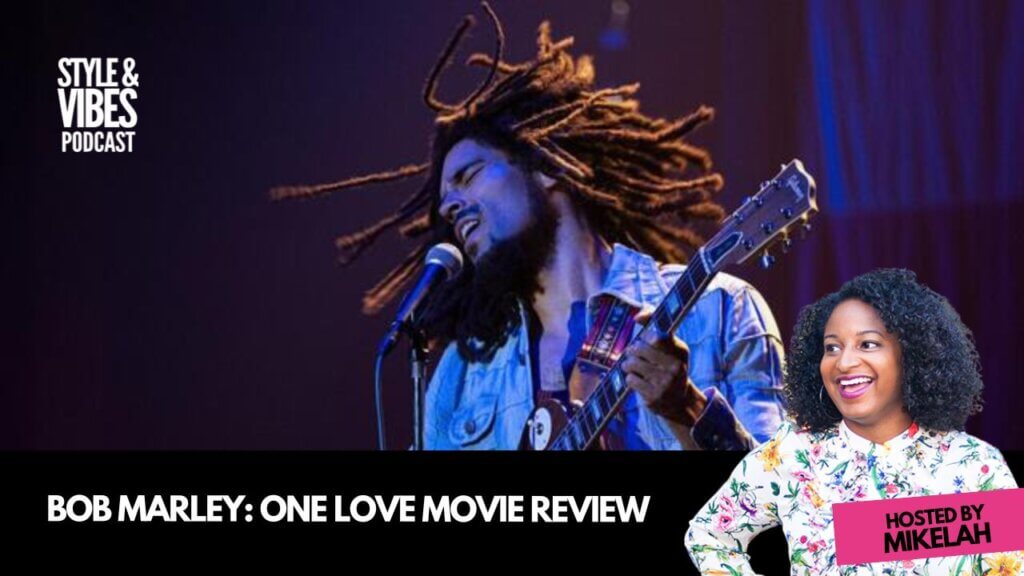
Bob Marley, the legendary reggae icon, has been the subject of numerous documentaries and films, each attempting to capture the essence of his life and music. The latest Hollywood representation of Marley has sparked an intense discussion within the Jamaican and Caribbean community, prompting questions about cultural authenticity and the integrity of storytelling. In our recent podcast episode, we delve into these topics with the help of Breadfruit Media, Chris Williams, Indira, and Mikey T, providing a comprehensive examination of the biopic’s impact on Marley’s legacy.
The film’s Valentine’s Day release was strategic, coinciding with the themes of love and unity that Marley’s music promotes. Kingsley Ben-Adir’s portrayal of Bob Marley and Lashana Lynch’s as Rita Marley have been points of contention, raising debates about whether actors of Jamaican descent or Jamaican-born actors should be the ones to tell these deeply personal stories. The importance of accurate representation in film is emphasized, not just for the sake of preserving cultural heritage, but also for giving Jamaican talent the visibility it deserves in the global film industry.
Casting choices have always been a crucial element in biopics, especially when it comes to representing iconic figures. The discussion takes a critical look at the industry’s casting decisions, exploring the intersection of race, aesthetics, and commercial viability. It appears there is still a gap between the recognition of Jamaican talent and the opportunities afforded to them. This podcast episode delves into the complexities of the industry and the challenges faced by actors from the Caribbean diaspora.
Additionally, the episode addresses the skepticism often encountered by Caribbean stories in the mainstream film industry. There is a recurring theme of underestimation, followed by surprise at the robust support from the community. This skepticism is dissected, with suggestions that it may stem from systemic biases within the industry. We also discuss the involvement of Plan B Entertainment and the Marley family in the production of the film, highlighting the importance of narrative control and how it influences the portrayal of Marley’s life.
The conversation moves towards the film’s emotional resonance, or lack thereof, when compared to other musical biopics. While Kingsley’s commitment to his role is praised, there are sentiments that the biopic failed to capture the electrifying energy for which Marley is renowned. Furthermore, we delve into Rita Marley’s influence on her husband’s life and career, exploring how the film and her autobiography “No Woman No Cry” portray the intricacies of their relationship.
As we conclude our discussion, we ponder the overall execution of the film and the depth of its storytelling. The perspective offered by Ziggy Marley presents a more idealized view of his father, contrasting with Rita Marley’s candid reflections. This sets the stage for a broader analysis of the film’s impact on the perception of Caribbean culture and the film industry.
In essence, this podcast episode serves as a medium for critical dialogue about the representation of cultural icons in cinema. It is a call to action for more authentic storytelling and a recognition of the talent within the Jamaican and Caribbean community. The hope is that this conversation will not only shed light on the challenges faced but also pave the way for a more inclusive and accurate depiction of Caribbean stories on the global stage.

Leave a Reply